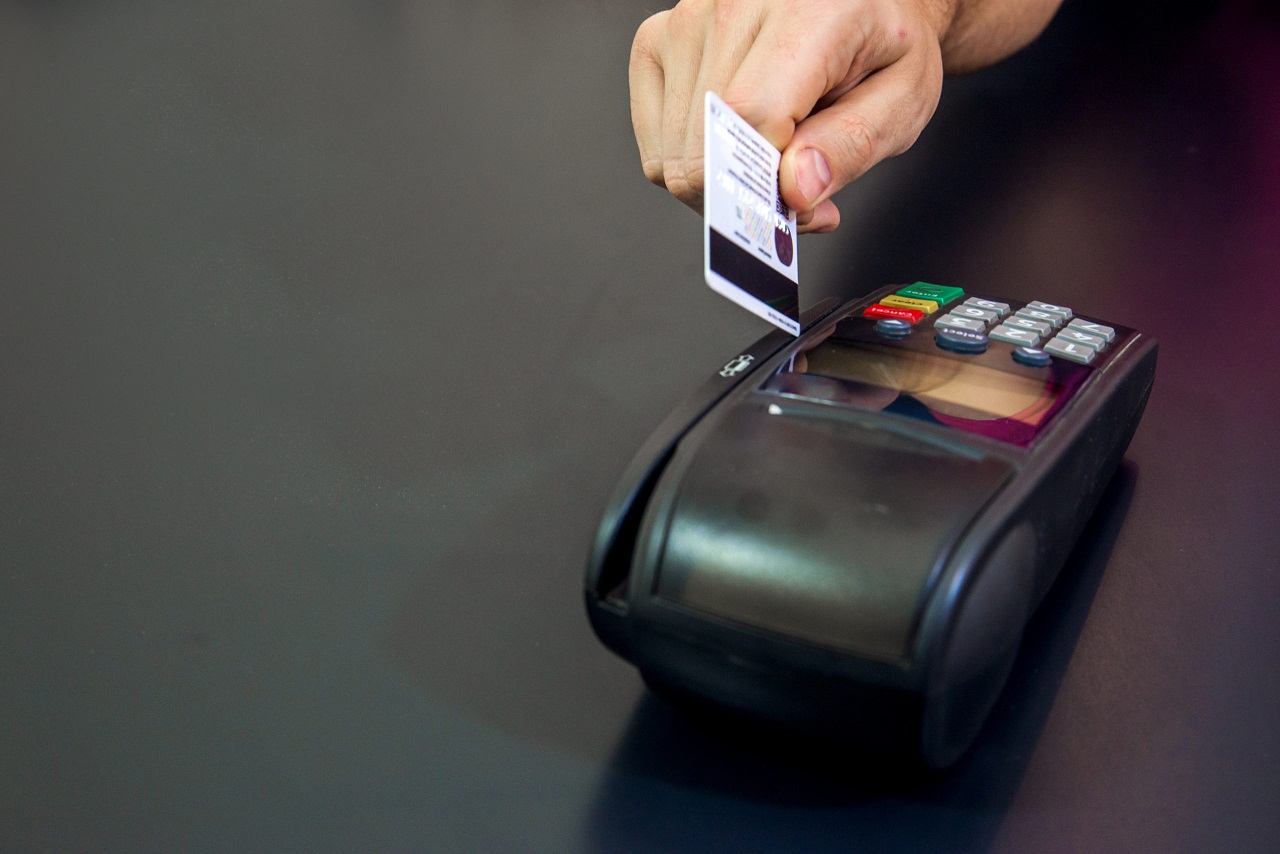An Easy Guide To Credit Card Machines
A credit card machine is a vital part of any business, but choosing the right one can be challenging. Today, credit card machines come in many forms, from basic credit card processing features to full-blown POS systems. So which model is the right one for your business? The following article will help you choose the best credit card machine for your business needs. Read on to learn about some of the benefits and features of credit card machines and how to choose the right machine for your business.
Fee structure
There are several components to the fee structure of credit card machines. First, the card networks charge interchange fees. These fees cover processing costs and risks associated with card transactions. The interchange fee varies from bank to bank, depending on the card network. However, this fee is usually 1.29% to 3.5% of each transaction, accounting for 70% to 90% of the total transaction fee. In addition, there are assessment fees that credit card networks levy.
There are two types of fees associated with credit card processing. The first type is called the interchange fee, a non-negotiable fee on top of the interchange rate. The other type is the assessment fee, which is a fixed fee on top of the interchange rate. Both fees are set by the card networks and are updated twice a year. According to SumUp.com, Both interchange and assessment fees are calculated using complex algorithms.
Features
There are many different features to look for in credit card machines. These machines must be PCI-compliant to protect your business from fraud. Traditional payment terminals include a magnetic stripe card reader, a PIN pad, and a keypad. Some also have a printer and can accept various payment methods. They may require a telephone line or an internet connection to transmit data. Newer equipment may also include near-field communication for contactless payments.
Consumers prefer a reliable credit card terminal. Credit card terminals that fail to meet these requirements are expensive to replace, and some merchants choose to lease point-of-sale machines. An exemplary POS terminal offers an MTBF and MCBF of two to four million transactions. A credit card processing terminal will have a memory of 256k. It is possible to store transactions in the memory for later verification. The best credit card machines will offer these capabilities.
Benefits
Aside from allowing your business to accept credit card payments, credit card machines are an invaluable tool for many small businesses. Not only will they expand your business’s payment options, but they will also save you time and money by eliminating the need for multiple employees.
Customers are more likely to spend more money. Credit card machines make accepting payments easier for customers. They also give your business values credibility. Credit card users view your business as world-class, which translates into more sales and revenue. This is why credit card machines are essential for nearly every type of business. After all, most people are using credit cards to make purchases. So why not make your business more competitive and more popular?
Connectivity options
When shopping for a credit card machine, consider your needs and the type of connectivity you need. The PCI-compliant credit card machines that are a must-have in any retail establishment will protect your customer’s information and prevent fraud. Traditional payment terminals feature a chip card reader or magnetic stripe reader, keypad or display screen, PIN pad, printer, and phone line. Further, credit card machines also need an internet connection for data transmission. Newer technology includes near-field communication (NFC) for contactless payments.
While phone lines can be the cheapest option, they aren’t ideal for all stores. Many small businesses don’t want to deal with installing telecommunications in multiple locations. The best way to connect your credit card machines is by establishing a dedicated line for your credit card processing. This connection requires a wireless terminal and can be purchased outright or leased from a card processor. Wireless terminals can provide up to four times the data through a wired connection for maximum flexibility.
Cost
The cost of credit card machines varies widely. You can spend as little as $100 on a basic machine to more than $1,000 on one that includes all of the features you need to process credit cards. The price of credit card machines isn’t just the hardware; there are also associated fees. The actual cost of a credit card machine lies in the processing fees you’ll incur from credit card companies. These fees are typically calculated per transaction, day, or month. Again, these fees vary widely, but they are usually related to the features you need for your business.
While the initial purchase price of a credit card machine is relatively low, there are several associated costs that you need to be aware of. The first type of associated fee is transactional, which happens each time a card is swiped. Many companies offer flat rates and percent-based pricing, meaning you’ll pay a certain amount every time a credit card is swiped. You can also opt for a custom plan that considers your monthly transaction revenue and interchange fees.

